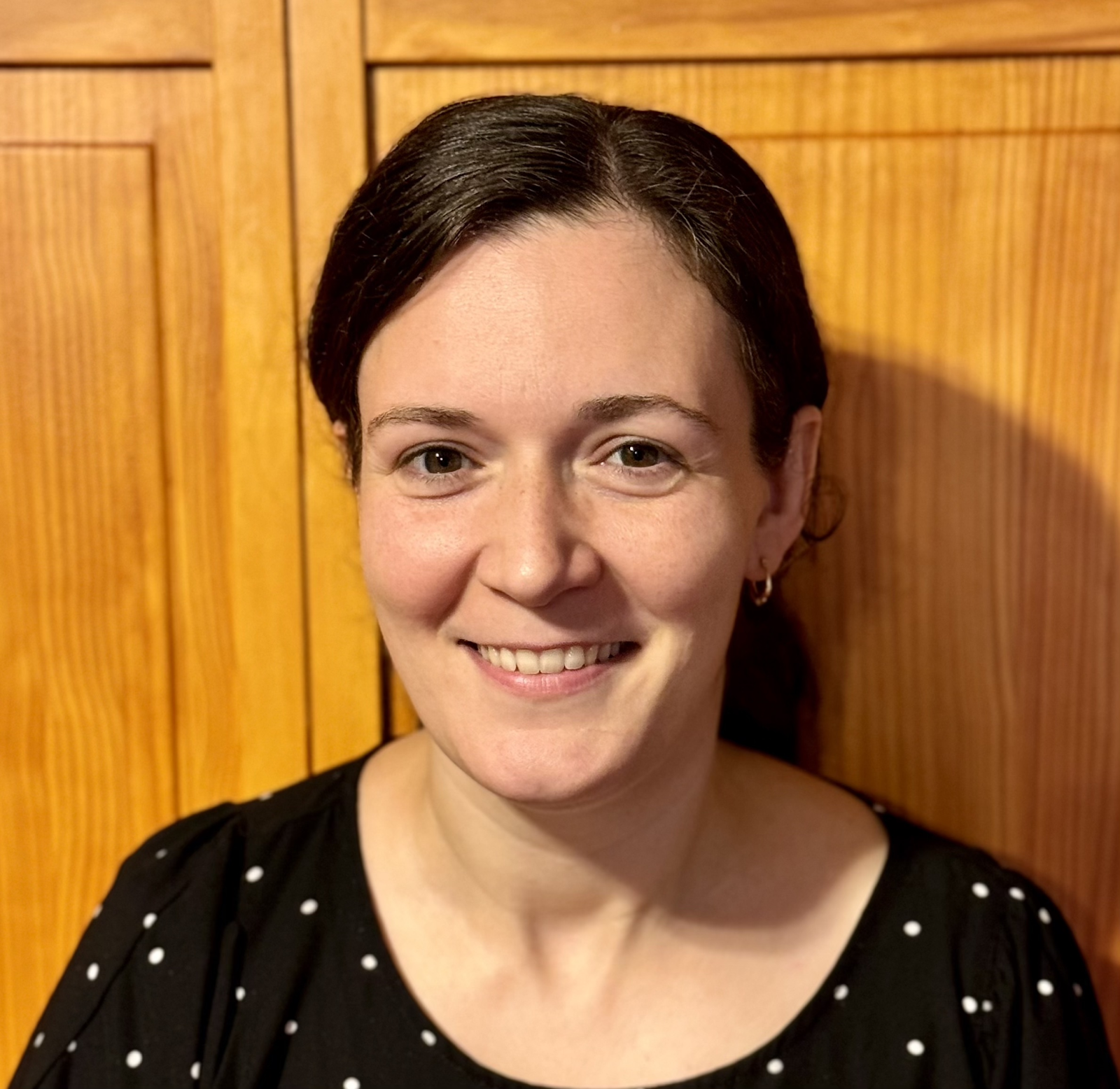The program you need for the career you want
The Political Psychology Graduate program at Stony Brook combines a rigorous instruction in the psychological foundations of political behavior with in-depth analysis of specific political issues and hands-on research.
The program's core courses develop skills in political psychology, quantitative methods,
and behavioral analysis, emphasizing practical applications to real-world political
phenomena. Building on this foundation, students finish by completing a capstone project
under the supervision of one of our research faculty.
The program takes one calendar year to complete (fall, spring, and summer semesters).
For program guidance, please don't hesitate to email us at polscimaadmissions@stonybrook.edu
Take Your Next StepStart Your Graduate Application
|
Political Psychology Degree Requirements
30 Credits | 9 Courses
5
Core Courses
Learn the foundations of political psychology, including courses on politics and identity, culture and public opinion, moral politics, and economics and politics.
3
Methods Courses
Learn how political scientists and psychologists collect and analyze data, hard skills that will help you in many careers.
1
Capstone Experience
Complete a capstone project, a master’s thesis, under the guidance of one of our research faculty.
Our Program
The majority of your courses will be taught by our full-time research faculty.
Below you can find a brief example of our curriculum, followed by short biographies of our faculty and information about their classes.
What does the program cost?
Tuition and fees at Stony Brook, set by the State University of New York, are considerably below those of comparable programs on Long Island and throughout the greater New York metropolitan area. Please visit the Student Financial Services page for a current listing of tuition and fees.
To apply for need-based aid, including student loans, students should complete and submit the Free Application for Federal Student Aid (FAFSA). Financial aid may be available for those who qualify.
An Example of Our Curriculum







